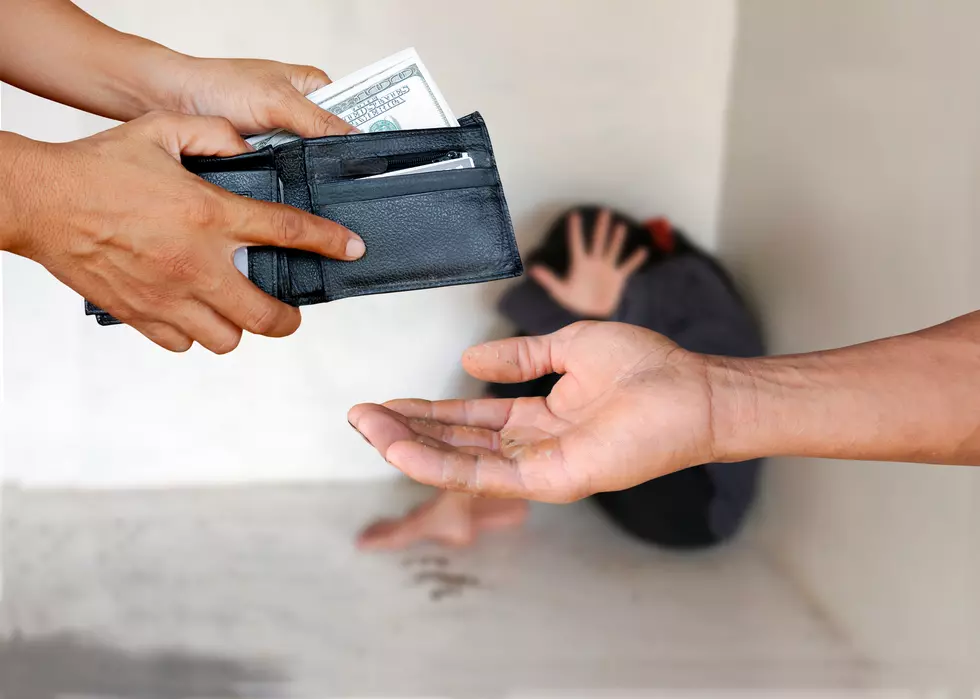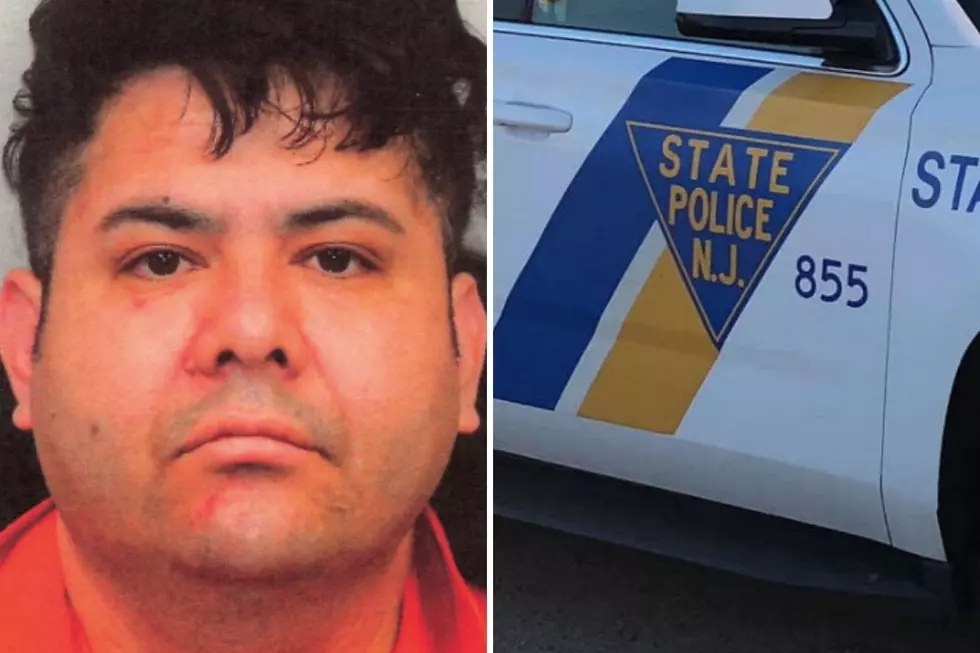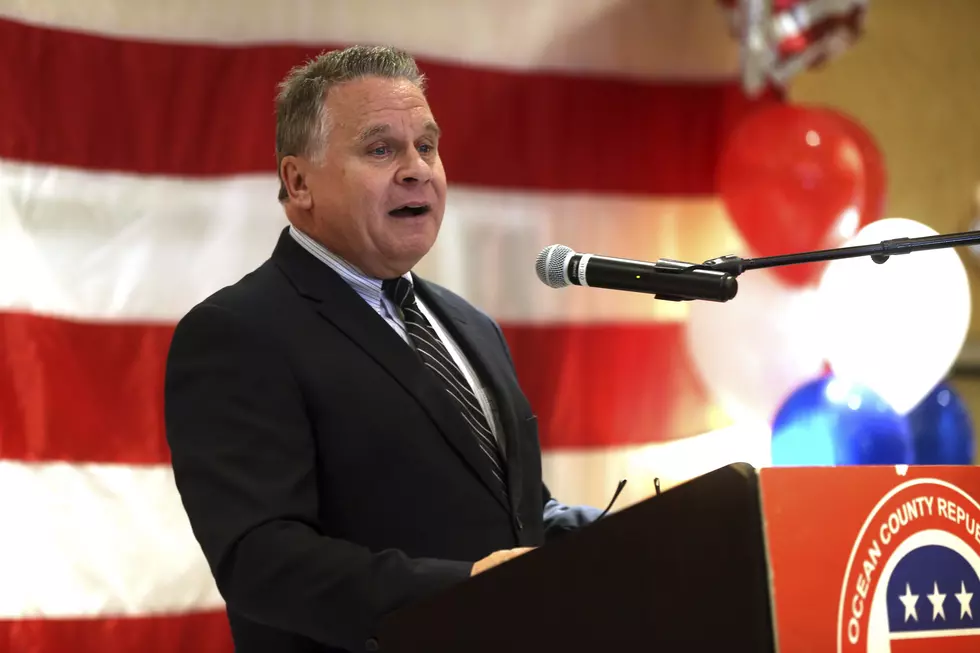
Slave labor alive and well in NJ
Human trafficking continues to be a significant problem in the Garden State, and many experts say some victims are not able to get the long-term treatment they need because programs designed to help them are underfunded.
The problem may be even more widespread than anyone could have imagined.
"Sex trafficking and forced labor trafficking is happening in every major community in the Garden State, and it's impacting U.S. citizens, both youth and adults, males, females and individuals who identify as transgender, and it really is so widespread," said Kate Keisel, director of Polaris New Jersey.
Keisel said referrals and identifications are increasing every single month.
"We work with a number of people that have been forced to work as nannies and domestic servitude in the agricultural sector, in forestry, in restaurants, you name it," she said. "These are people who are forced to work against their will and without pay."
Contrary to popular belief, Keisel also said the victims of sex trafficking are not just women.
"We see this is impacting many individuals who are vulnerable, and that includes young people from the LGBTQI community, transgender young people and adults, males," she said. "The problem involves U.S. citizens and those that are foreign-born, and it is happening in every community. New Jersey is a transit state; you can be in a different state in two hours. We have the I-95 corridor."
The bottom line, Keisel said, is that "all of us have most likely met and come in contact with -- or know someone in our lives who is -- a survivor of trafficking, and that it doesn't always look the way we've seen it portrayed."
She also said helping victims in New Jersey is a long-term process that needs dedicated energy and financial resources.
More From New Jersey 101.5 FM









